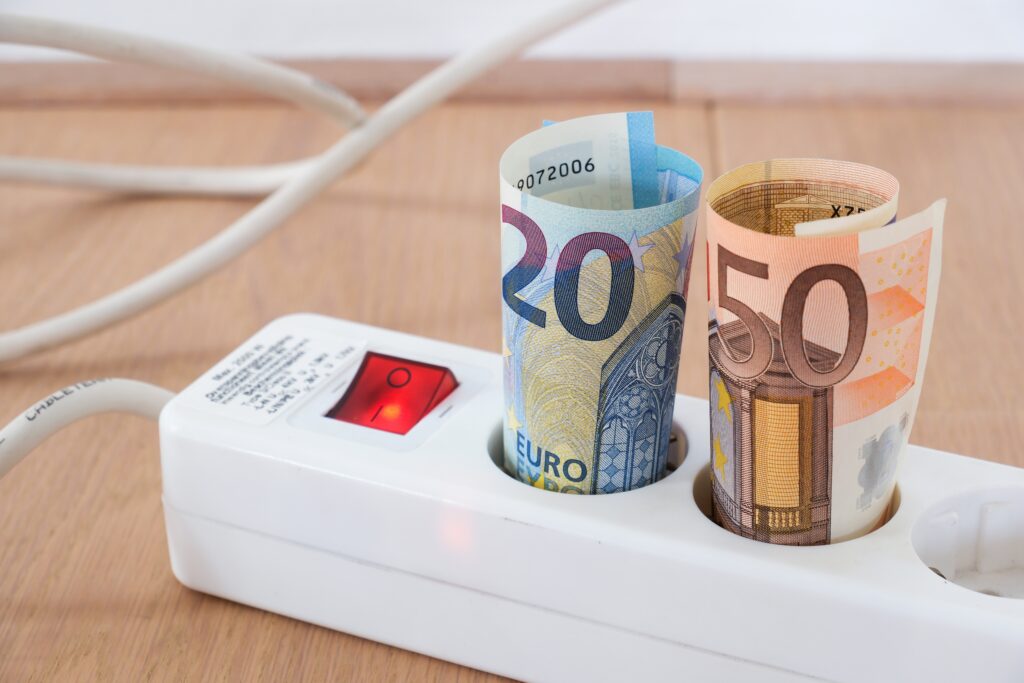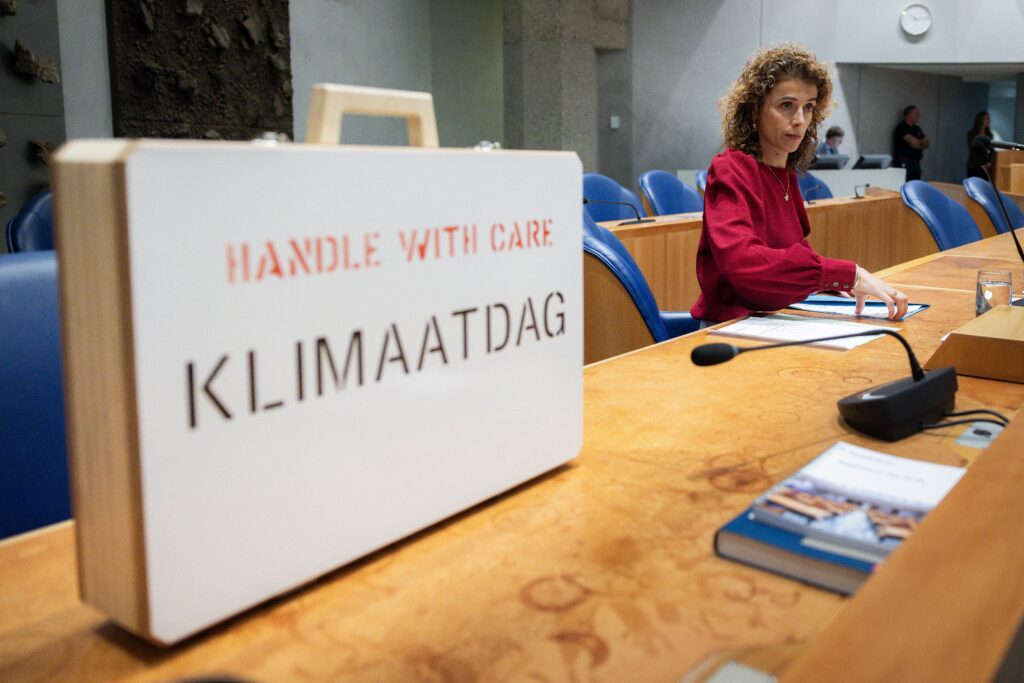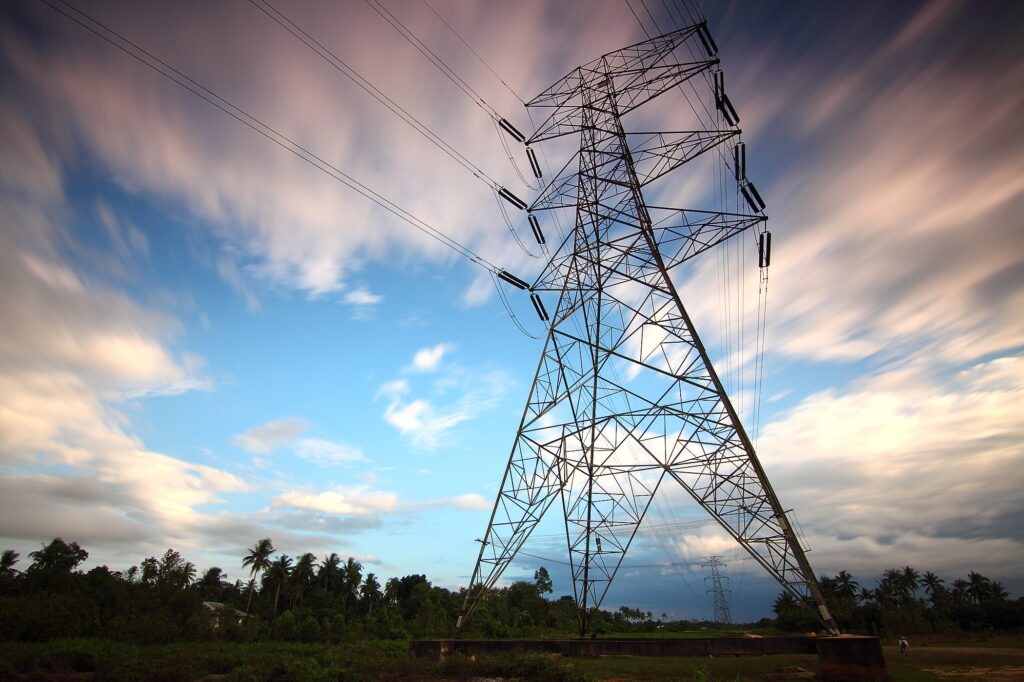The proposal shows that the Commission does not want to make extreme interventions in the electricity market; something Energie-Nederland is very satisfied with. Market forces and free pricing form the best foundation for energy prices for household and businesses.
The levy on infra-marginal revenues from renewable energy will therefore not be structural, which had been the case previously. Energie-Nederland has always opposed the introduction of such a levy, as it only limits investments in renewable energy, among other things, while these are so very necessary for the energy and climate transition.
Energie-Nederland supports the proposals for better supervision of suppliers, but rejects the obligation to offer fixed-price contracts, especially if there is no proper cancellation fee attached. Furthermore, Energie-Nederland reads in the proposal that member states are given room for two instruments: support for investments in (1) production and (2) flexibility. We do have a number of concerns here.
- For instance, support for certain production technologies is lacking, such as hydrogen or biomass gas plants possibly with CCS (conversion). In addition, there is to be an obligation to use a so-called Contract for Difference (CfD)* as an instrument for encouraging renewable energy. We believe this is unnecessarily restrictive. According to Energie-Nederland, CfD could never be the only instrument for incentivizing sustainable production.
- Nor do we feel that the national targets for flexibility from demand response and storage are good choice. After all, this misses the fact that flexibility can also be provided through (regulating) production.
- All in all, Energie-Nederland is pleased that firm market interventions in the existing market design previously talked about are being abandoned, but we are concerned about unnecessary regulation this package also proposes. Examples include the possible introduction of:
- A ‘peak shaving’ product (this reduces peaks in demand during the day, but this is a task the market is already carrying out) and
- Additional rules for ‘energy sharing’ (sharing energy between producer/consumer and another consumer), as this is already facilitated through existing European rules that should already be implemented in the Energy Act.
*A CFD (Contract For Difference) is a financial product that allows one to profit from a rise or fall in the price of an underlying product. It is a contract between buyer and seller. In this case, it involves a contract between producer and the government, whereby the government pays the producer when market prices are low and the producer pays the government when market prices are high.
Listen to the BNR Radio recording here (1:27). Paul Giesbertz (Program Manager for Electricity Market Forces and Market Integration at Energie-Nederland) responds to the EU Commission Electricity market design review proposal.
For the proposals, see:
Press release, Proposal Market Design, Proposal Remit, Staff working document






